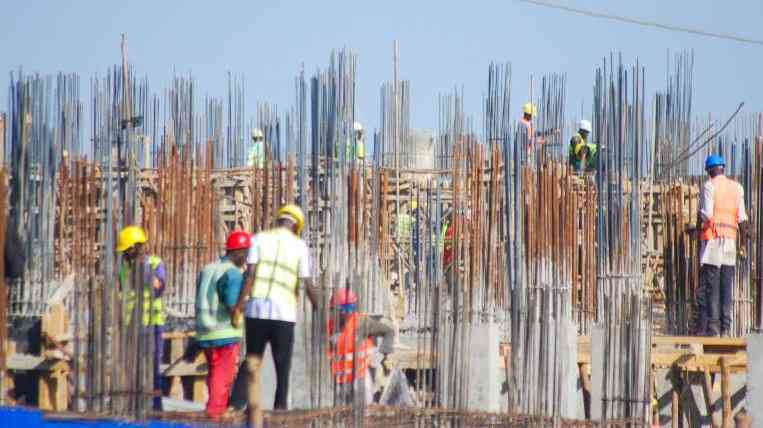×
The Standard e-Paper
Fearless, Trusted News

More than two million Kenyans who lost their jobs at the height of the Covid-19 pandemic last year had landed jobs by the end of March 2021, reflecting economic recovery.
The latest data from the Kenya National Bureau of Statistics (KNBS) shows that as at the end of March, there were 2,495,541 unemployed working-age Kenyans aged between 15 and 64.







